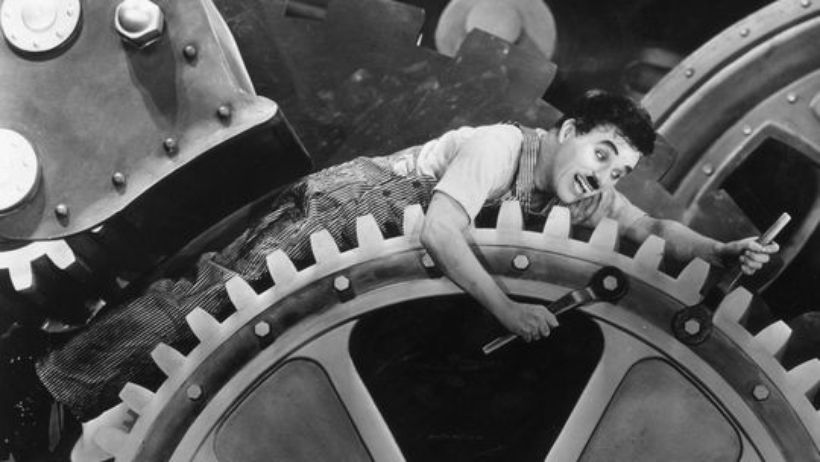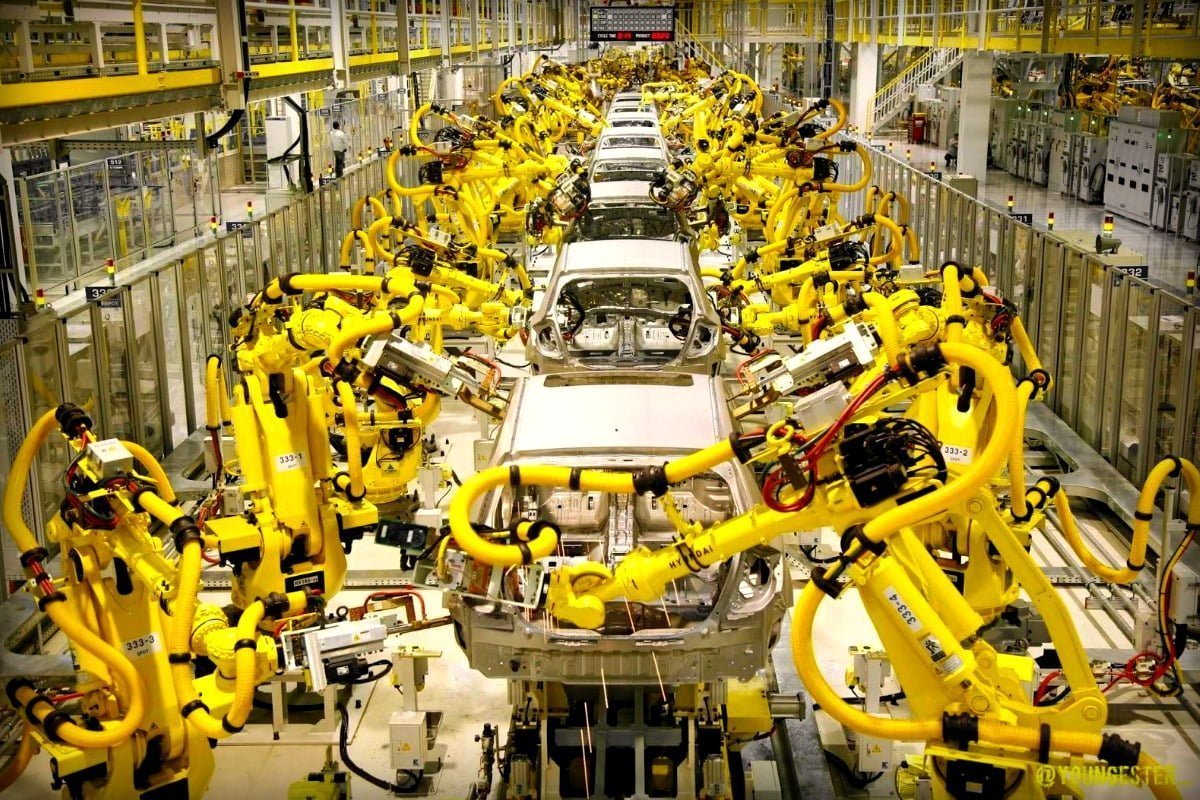The TUC in Britain has recently called for a four-day working week. But how can we realise the potential of technology and achieve this demand?
1.4 million workers in Britain put in seven days a week at work, the TUC has recently revealed. Over three million work more than 45 hours per week, with the UK average standing at a gruelling 44 hours.
For many, long, stressful hours are the only way to make ends meet in modern Tory Britain. And this is despite the enormous wealth and rapid development of technology in society.
The TUC rightly points out that the future of work under capitalism looks bleak. Rather than modern technology liberating us from work, poor pay and casualisation have been accelerated by platforms in the “gig economy”, forcing many to work harder and longer.
Workers are understandably suspicious of new technology under such circumstances, seeing how it often leads to job losses, intensified working conditions, and greater profits for the bosses.
In whose benefit?
The TUC is right to argue for a four-day working week, which should be entirely possible given the potential for automation that now exists.
However, the TUC leaders make this demand not from the point of view of how it would benefit workers, but how it would benefit the bosses by increasing productivity and thus profits.
Capitalism is a system based on the maximum exploitation of labour and the constant accumulation of profit. Under such a system, any reduction in working time must come with an intensification of work, in order to produce more wealth in a less time.
Within the confines of capitalism, therefore, the gains from any increases in productivity and improvements in technology necessarily accrue to the owners of capital. This is what Marx pointed out over 150 years ago in his famous work, Capital, when he stated that automation and machinery under capitalism would lead to:
“Accumulation of wealth at one pole [and] at the same time accumulation of misery, agony of toil slavery, ignorance, brutality, mental degradation, at the opposite pole.”

Overwork and unemployment
This can be seen today by the growth of low-paid, precarious work alongside the rise of automation and technology. Overwork for millions exists simultaneously with unemployment and underemployment for millions more.
And yet surely we could share out the work, providing everyone with a decent job at decent pay, whilst lowering the hours of the working week to a fraction of those currently experienced by the vast majority?
But this is only possible by breaking with the market and the profit motive, and having a socialist plan of production, based upon the needs of society.
Narrow vision
 The snail’s-pace change advocated by labour movement leaders like TUC general secretary Frances O’Grady, however, doesn’t fill us with confidence.
The snail’s-pace change advocated by labour movement leaders like TUC general secretary Frances O’Grady, however, doesn’t fill us with confidence.
“In the nineteenth century, unions campaigned for an eight-hour day,” O’Grady told the audience in her keynote speech at the recent TUC conference. “In the twentieth century, we won the right to a two-day weekend and paid holidays.” At this rate, we might reach socialism some time in the 24th century!
But there is no need to wait so long. By nationalising the key levers of the economy, under workers’ control and management, we could immediately invest in automation and machinery to free us from work, not enslave us.
A sliding scale of working hours could easily be put into action, with the working week decreasing as the unemployed are given work and labour-saving technology is implemented throughout the economy.
The struggle for time
As Marx emphasised in his economic writings, the length of the working day is ultimately settled by a struggle between the classes: between the capitalists and their drive for profits, on one side; and the workers and their fight for decent living standards, on the other.
The potential clearly exists to go even further, and eventually to abolish the drudgery of work altogether, providing humanity with the conditions in which art, culture and science can flourish, and creating a society where the creative efforts of society serve as both a means and an end to itself. This is the revolutionary vision we should fight for.






